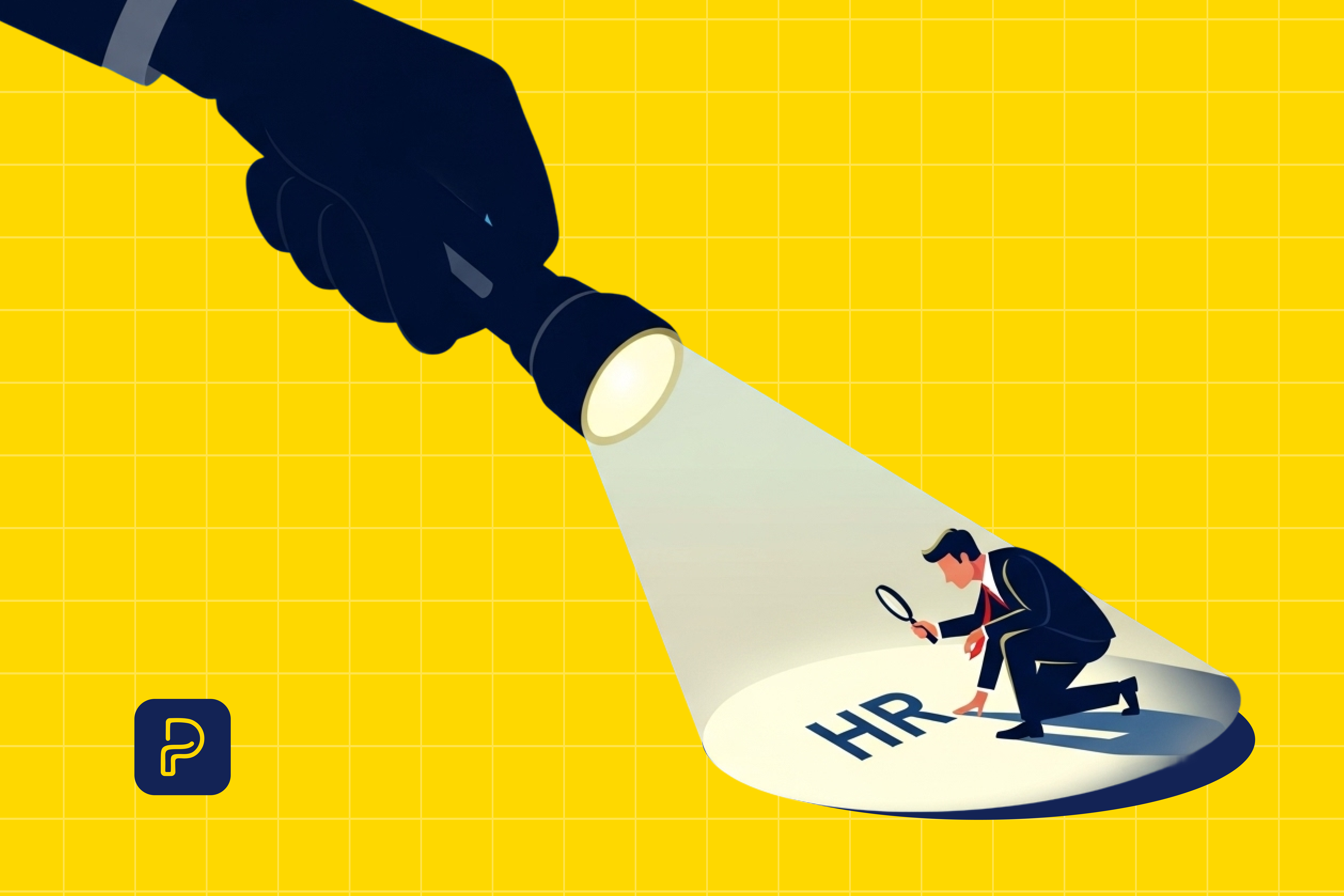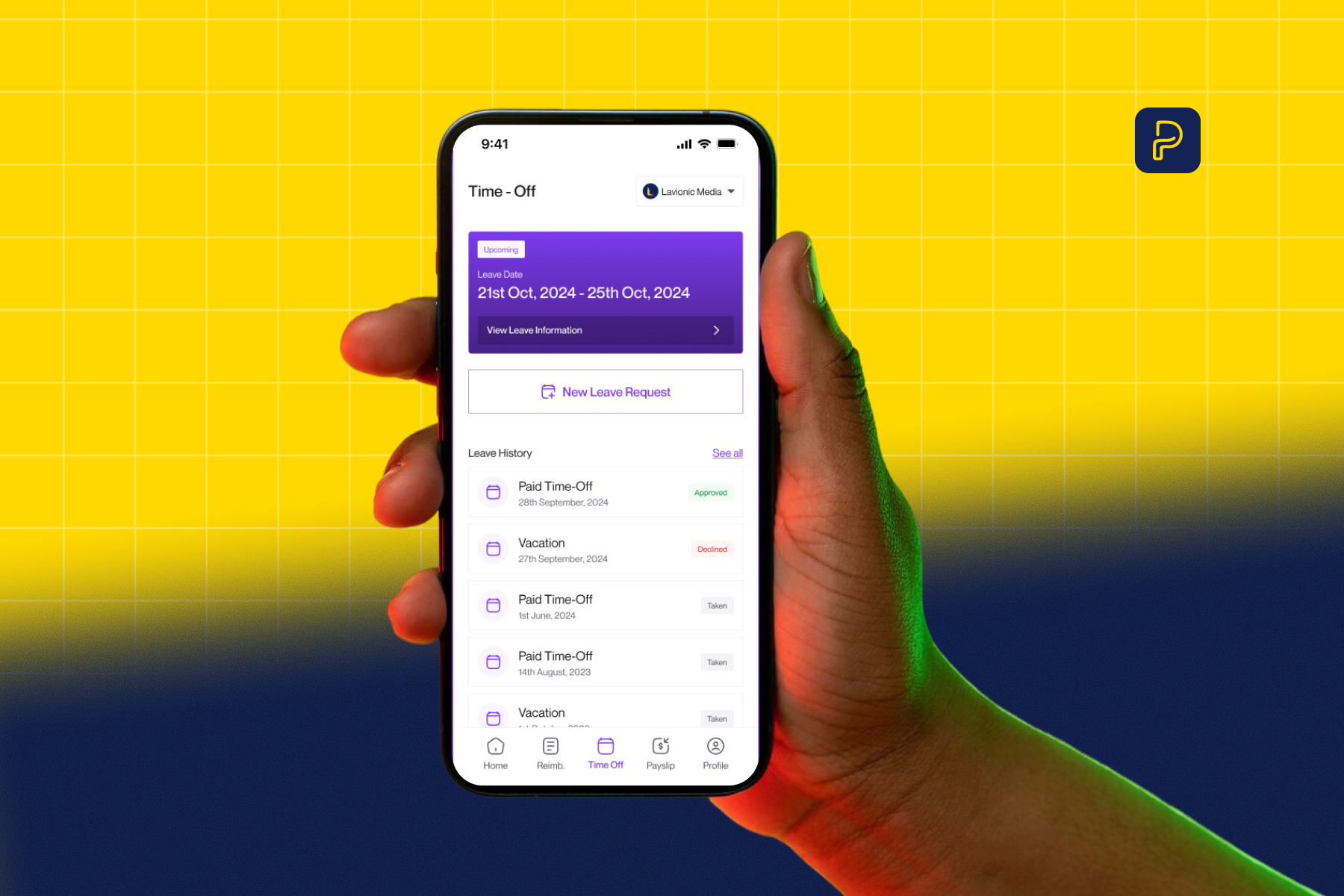When many business owners hear the words “Human Resources,” they imagine something big: a department, policies, compliance, and employee handbooks.
But the truth is: HR doesn’t start when you hire your first HR manager.
It starts the moment you hire your first employee.
Whether that’s a part-time assistant, your first developer, or someone who helps with deliveries — that moment marks the beginning of your people operations. And the way you handle those first steps sets the tone for everything that follows.
HR Begins with Trust, Not Forms
When you bring someone into your business, you’re not just adding “a pair of hands” — you’re building a relationship.
That means:
- Setting clear expectations from day one
- Establishing how communication works
- Defining basic things like time off, responsibilities, and reporting
- Creating an environment where people know what’s expected and feel respected
Even if it’s just one employee, this early foundation is your first layer of culture.
For example:
If you agree verbally on work hours but never write them down, you’ve already made your first HR decision — just not a structured one. This is where small misunderstandings start, and over time, they can grow.
Policies Don’t Have to Be Complicated
Many founders delay HR because they think it means complicated documents and red tape. But it doesn’t have to.
At the earliest stage, “HR” can be as simple as:
- A one-page employee agreement that outlines responsibilities and benefits
- A clear system to track time off, attendance, and pay
- A simple onboarding checklist so new hires feel welcomed and prepared
- A shared space where team members can find basic information
Small businesses that create clarity early often grow faster — not because they have more resources, but because they avoid chaos later.
What Happens When You Wait Too Long
Many small businesses grow quickly but neglect people systems.
Here’s what often happens:
- Policies live in someone’s head, not on paper.
- Payroll becomes messy — with missed calculations or lost records.
- Employees don’t know their entitlements or reporting lines.
- Conflicts take longer to resolve because nothing is documented.
- Scaling becomes harder because you’re constantly “putting out fires.”
By the time they try to “formalize HR,” they’re already trying to fix a broken system.
Technology Levels the Playing Field
The good news is that you don’t need a big budget or an HR team to do this right.
Modern tools make it easy for small teams to build professional HR systems from day one.
With Metarelic People, for example, you can:
- Store employee records securely
- Automate payroll and time-off tracking
- Create and manage simple policies
- Keep your team connected and organized
- Scale your people systems as you grow
HR doesn’t have to slow your business down — it can power your growth.
Your First 3 Employees Matter More Than You Think
The first few people you bring in set your company’s DNA.
- How you onboard them will define how you onboard the next 10.
- How you handle their payroll and benefits will define your reputation as an employer.
- How you communicate will define your leadership culture.
So starting right isn’t just good practice — it’s a strategic advantage.
Start Strong. Grow Confident.
To help small businesses build a strong people foundation, we’re offering Metarelic People free for teams of 3 employees or less.
Because great HR shouldn’t wait for “someday.”
It should start the moment you say: “Welcome to the team.”
Start for Free | Build your HR foundation in minutes.














